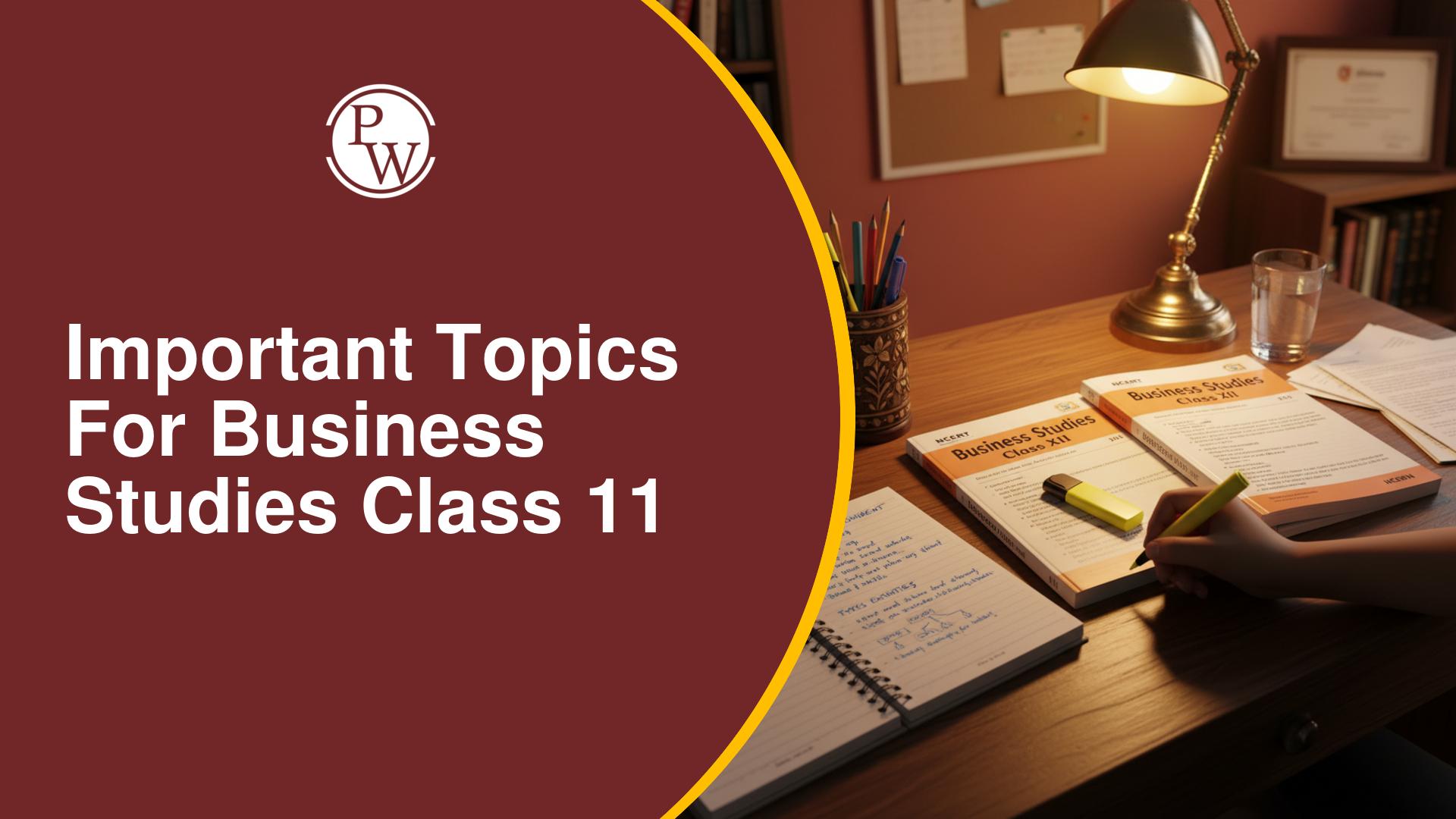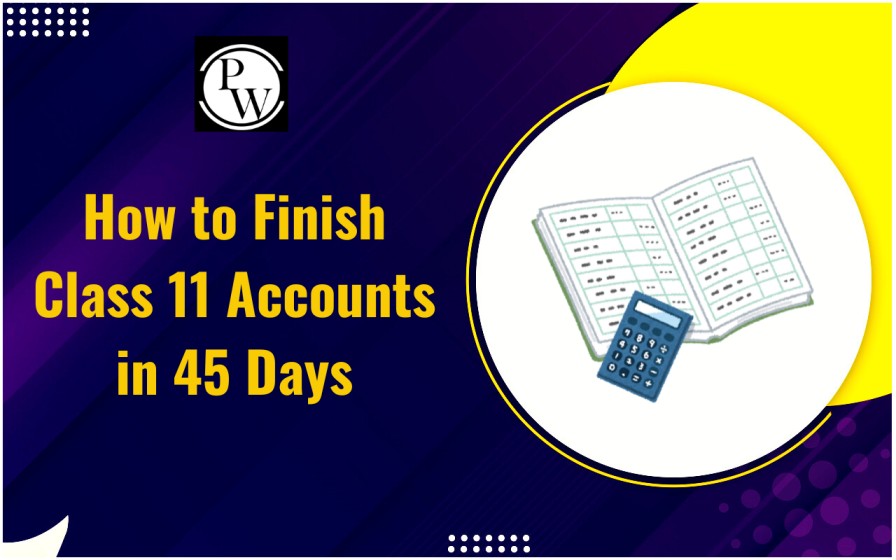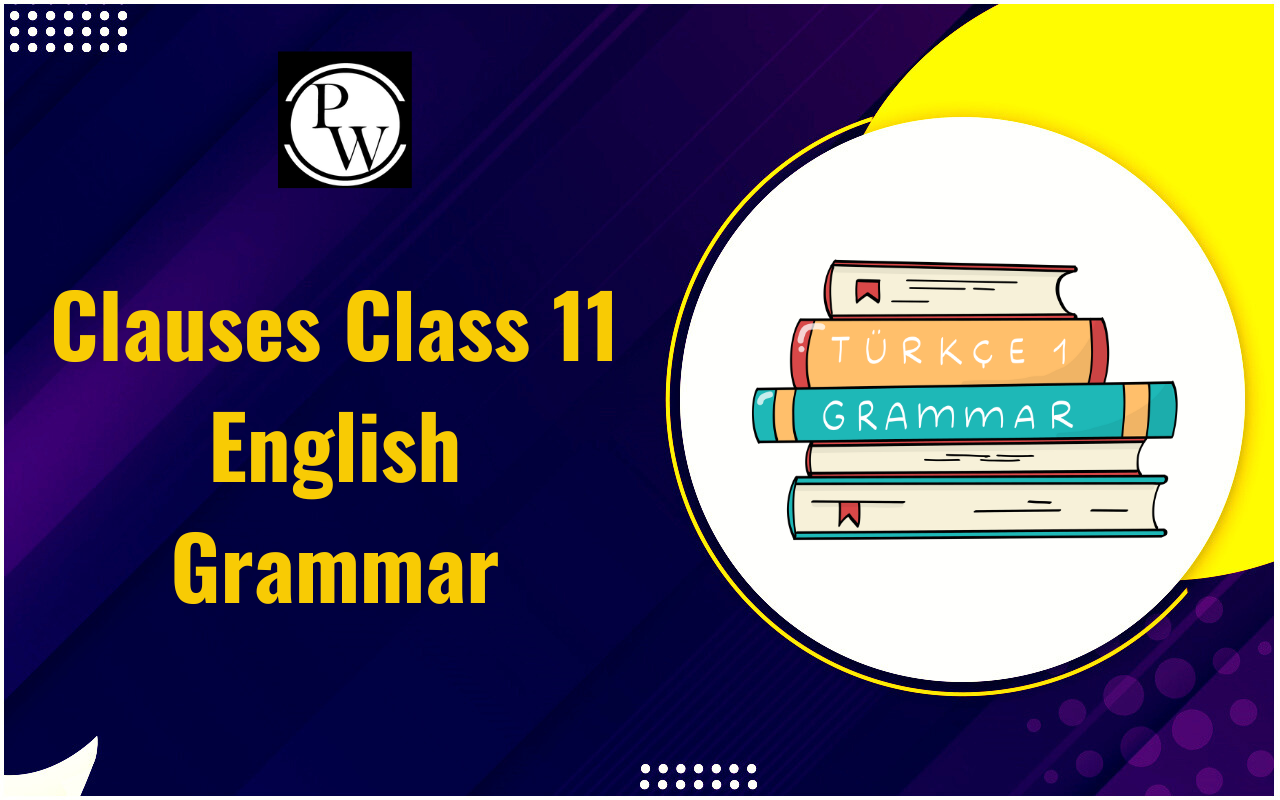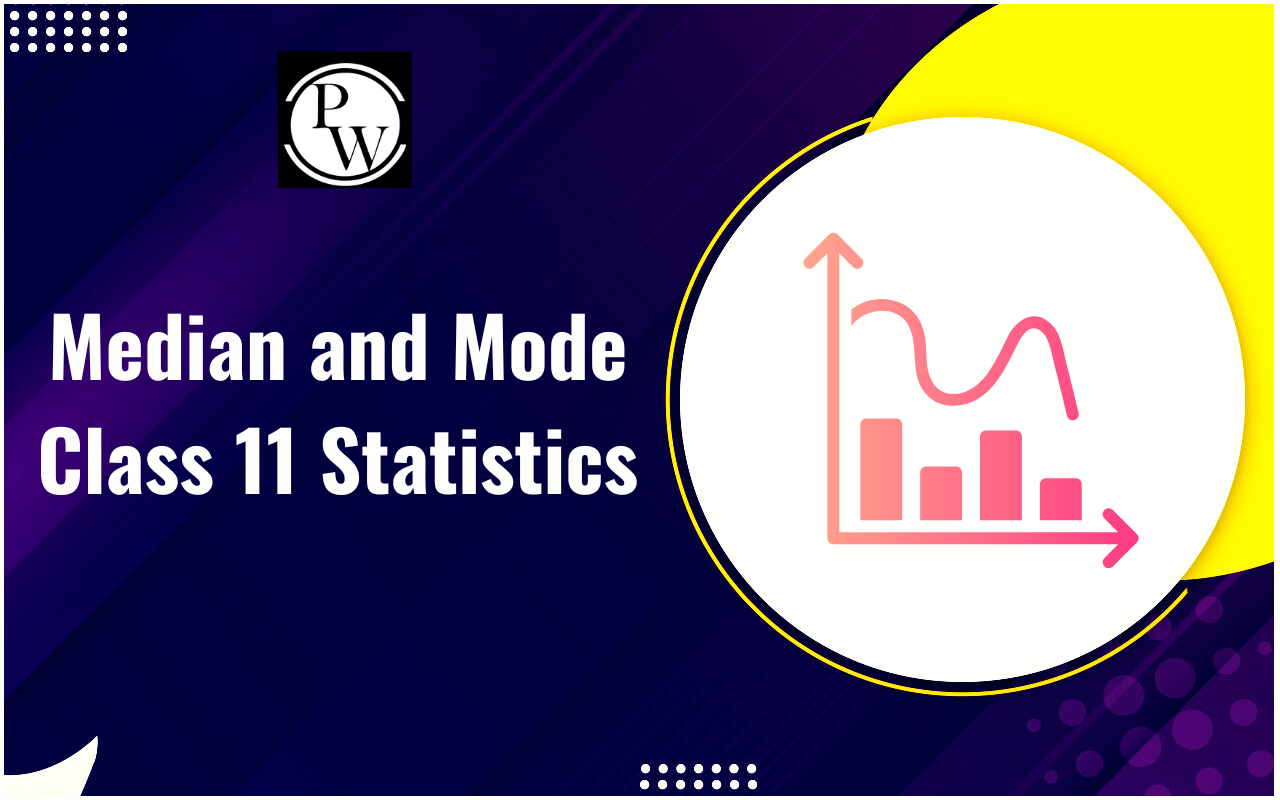
Class 11 Half-Yearly Important Topics: Half-yearly exams are an important step for Class 11 commerce students. They not only check the understanding of important subjects, but they also help students to plan their studies for future exams. Performing well in these exams builds confidence and prepares students for more advanced topics in Class 12. To succeed, students need to focus on the right areas in each subject. Below, we’ll guide students through Class 11 Half-Yearly Important Topics in Economics, Business Studies (BST), and Accountancy, along with practical exam strategies.
Why Half-Yearly Exams Matter?
Half-yearly exams are more than just tests. They help students to identify strong and weak areas in their preparation. By performing well in these exams, students can create a positive impression on teachers, which can benefit students in future projects and assessments. Also, these exams often cover essential concepts that form the base for higher studies in commerce. That is why it is important to focus on the Half-Yearly Exam Important for Class 11 Commerce.
By focusing on the most important topics, students can study efficiently and avoid wasting time on less relevant content. With a clear plan and focus on Class 11 Half-Yearly Important Topics, exam preparation becomes less stressful and more productive.
Half-Yearly Important Topics for Economics
Economics in Class 11 covers microeconomics and statistics. Understanding these topics is key to scoring well in the Half-Yearly Exam, Important for Class 11 Commerce. Below, we’ve mentioned a simple guide to the Half-Yearly Important topics for Economics that students must focus on:
| Important Topics for Economics | |
| Topic | Key Points to Focus |
| Introduction to Microeconomics | Central problems of an economy, scarcity, opportunity cost, and the Production Possibility Frontier (PPF) |
| Consumer Equilibrium | Marginal Utility (MU), Total Utility (TU), Indifference Curve, Budget Line |
| Demand and Elasticity | Factors affecting demand, difference between change in demand & quantity demanded, methods of calculating elasticity |
| Law of Variable Proportions | Total Product (TP), Marginal Product (MP), Average Product (AP), graphical interpretation |
| Statistics | Primary and Secondary Data, Classification and Presentation of Data, Bar Diagrams, Histograms, Ogives, Pie Charts, Time Series Graphs |
| Measures of Central Tendency | Mean, Median, Mode, Merits and Demerits, simple calculations |
Half-Yearly Important Topics for Business Studies
Business Studies covers practical and conceptual understanding of business operations. Focusing on the Half-Yearly Important Topics for Business Studies will help students handle theory questions and case studies confidently.
| Important Topics for Business Studies | |
| Topic | Key Points to Focus |
| Classification of Business Activities | Trade, Industry, Service, Characteristics of Business |
| Types of Business Organizations | Partnership, Joint Hindu Family Business, Joint Stock Companies, Global Enterprises |
| Banking and Insurance Principles | Types of bank accounts, insurance principles, and case study applications |
| E-Business vs Traditional Business | Scope, advantages, and examples of e-business |
| Social Responsibility and Business Ethics | Importance, arguments for and against CSR, and ethics in business decisions |
Half-Yearly Important Topics for Accountancy
Accountancy needs careful attention and conceptual clarity. The Half-Yearly Important topics for Accounts have both theory and practical numerical exercises. Knowing these topics well can save time and improve accuracy in exams.
| Important Topics for Accountancy | |
| Topic | Key Points to Focus |
| Introduction to Accounting | Definitions, Functions, Limitations |
| Basis of Accounting | Cash Basis vs Accrual Basis |
| Accounting Principles | Separate Entity, Going Concern, Consistency, Prudence |
| Rules of Debit and Credit | Traditional and Modern Approaches |
| Accounting Equation & Journal Entries | Understanding, Journal, Ledger, Trial Balance, GST entries |
| Subsidiary Books | Cash Book, Purchase Book, Sales Book, Returns (Purchase/Sales) |
Class 11 Half-Yearly Effective Exam Strategies
Studying topics is important, but following smart strategies can improve performance. Below, we’ve mentioned some effective strategies for Class 11 students preparing for half-yearly exams:
Prioritize Important Topics: Focus first on Class 11 Half-Yearly Important Topics in Economics, BST, and Accounts. Do not waste too much time on less important chapters before covering these.
Combine Theory with Practice: For Economics and Accountancy, practice both numerical problems and theory questions. Understanding concepts deeply will help in answering both short and long questions.
Use Diagrams and Tables: Diagrams in Economics and BST, and tables in Statistics and Accounts, make answers clearer and can fetch extra marks. Practice drawing them accurately.
Time Management: Divide the study hours effectively among subjects. Allocate more time to topics that carry higher marks or that students find difficult.
Solve Previous Year Papers: Practicing previous exam papers or sample papers helps students understand question patterns and improves speed and accuracy.
Revise Regularly: Revision is key to retaining concepts. Revise Class 11 Half-Yearly Important Topics at least twice before the exam.
Stay Calm and Confident: Maintain a positive mindset during preparation. Confidence helps students answer questions systematically and avoid careless mistakes.
Make Short Notes: While studying, prepare short notes or flashcards for formulas, definitions, and key points. This makes last-minute revision easier.
Half-yearly exams in Class 11 are an important step in a student’s academic journey. By focusing on Class 11 Half-Yearly Important Topics, students can study efficiently and improve their performance. Economics, Business Studies, and Accountancy each have important areas that should not be ignored. A clear understanding of theory, practice of numerical problems, and preparation with diagrams and examples can make a big difference in exam results.
Using effective strategies like prioritization, practice, time management, and regular revision ensures that students are fully prepared. Paying attention to teacher expectations and performing well in exams also builds a positive academic reputation, which is helpful for future studies.
Class 11 Half-Yearly Important Topics FAQs
What are the most important topics for Class 11 half-yearly exams?
How can I prepare well for Class 11 half-yearly exams?
Are diagrams and tables important in half-yearly exams?
How does doing well in half-yearly exams help students?










